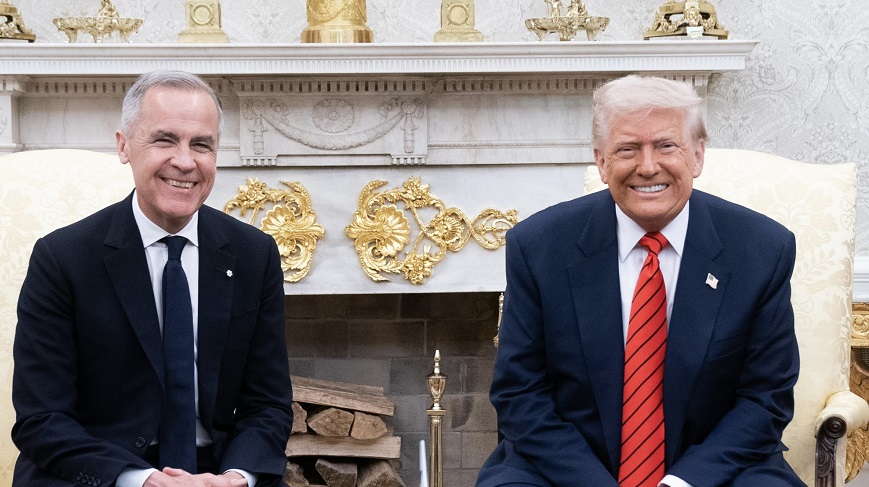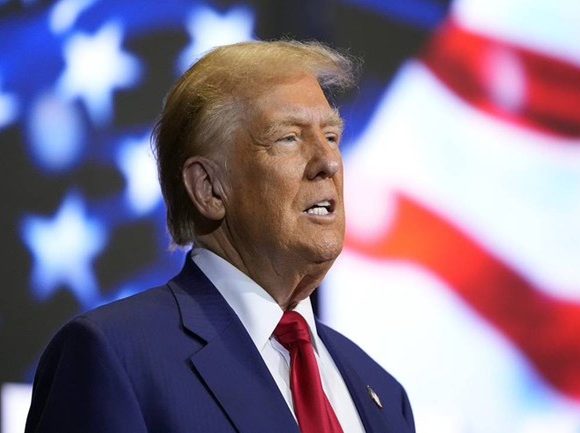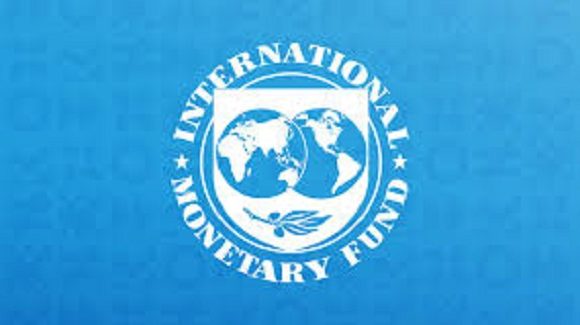
US Imposes 35% Tariff on Canada from Aug 1
US President Donald Trump has announced a steep 35% tariff on Canadian imports, which will take effect from August 1. This sharp increase from the current 25% rate is part of a broader effort by the United States to put pressure on Canada over alleged trade imbalances and drug trafficking concerns. Trump, in an official letter to Canadian Prime Minister Mark Carney, accused Canada of not doing enough to stop fentanyl from entering the US.
Fentanyl Claims Don’t Match Data
Trump’s accusation comes despite evidence showing that most of the fentanyl entering the US originates from Mexico and China, with Canada contributing only a minor percentage. Officials in Canada have rejected the claim, pointing to their strict regulations and enforcement actions against synthetic drug trafficking.
Canadian Government Responds
Prime Minister Mark Carney, who succeeded Justin Trudeau, stated that Canada will take all necessary steps to protect its industries and workers. In previous tariff disputes, Canada has responded with its own countermeasures, and similar action is likely if talks with the US do not resolve the matter. Carney reiterated Canada’s commitment to fair trade and called the tariff unjustified.
Global Implications of US Tariff Hike
The tariff on Canadian goods is part of a wider pattern, with Trump also sending tariff notices to over 20 other countries. While the general baseline is a 10% tariff, some nations face rates as high as 50% depending on the product. Experts believe this aggressive trade policy could disrupt international markets and increase costs for American consumers.
Impact on Indian Trade Strategy
For India, this escalation serves as a reminder of the need to diversify export destinations and strengthen domestic manufacturing. Sudden US trade actions could have indirect effects on Indian supply chains and global trade flows. Indian exporters may find opportunities in markets seeking alternatives to US or Canadian suppliers due to tariff barriers.


















